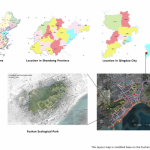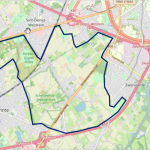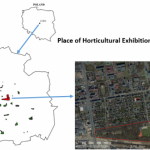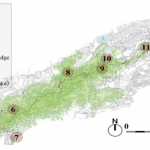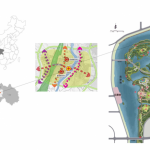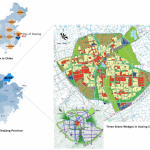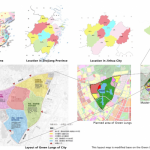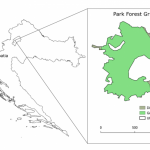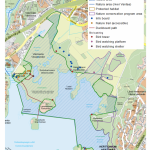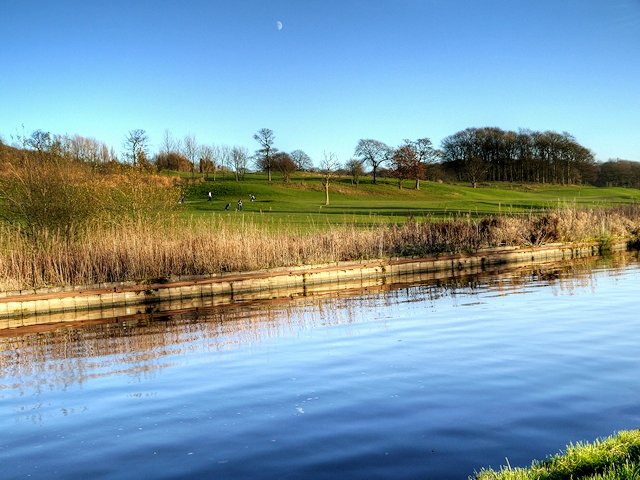
22 case studies illustrating the importance of UF-NBS in Europe and China!
CLEARING HOUSE partners have collected data from 22 selected UF-NBS case studies in Europe and China. The analysis of these cases illustrated the high importance of UF-NBS as contributing to health, well-being and quality of life.
All case studies are available here below.
The analysis looks into the entire development cycle of UFBS, ranging from design and planning up to implementation (governance and management), monitoring and ecosystem service delivery (taking into account biodiversity aspects), including the analysis of their effects on urban societies’ wellbeing (e.g. public health as well as socio-environmental justice and gender issues).
Shortcomings identified include a lack of understanding on public perceptions and expectations by the urban residents, as well as a lack of awareness of the different species used and their diverging impacts. The report is available here.
Also, a specific analysis of the governance and institutional frameworks for UF-NBS in these case studies showed some differences and similarities between Europe and China. A group of experts lead by EFI and CAF-RIF showed that in both continents the engagement of the private sector is underdeveloped, with UF-NBS generally being publicly funded (with local authorities as main funders). Projects are also mainly top-down, with limited public engagement. However, getting access to capital funding seems to be easier and faster in China, with projects in China overall being larger. More information in the report.
Access all case study descriptions below 👇



